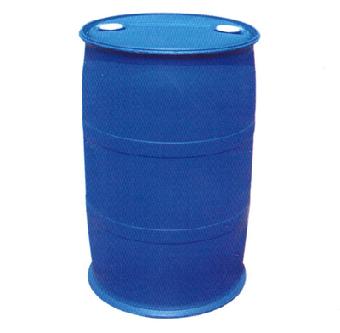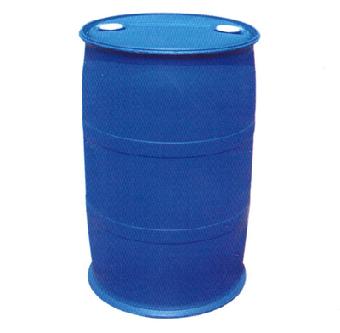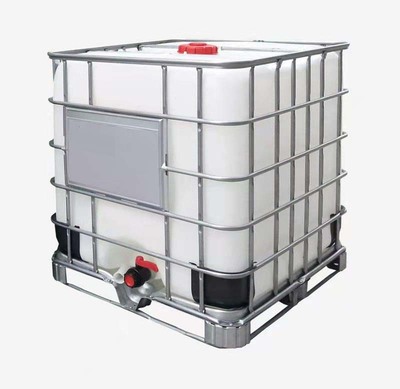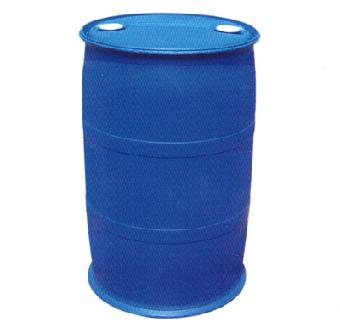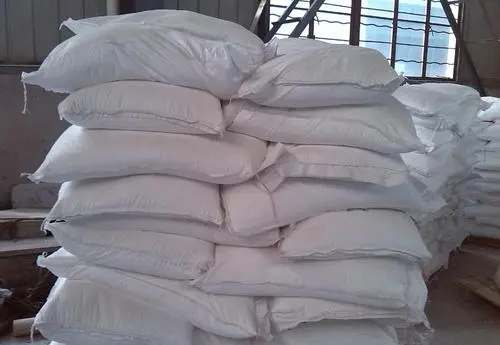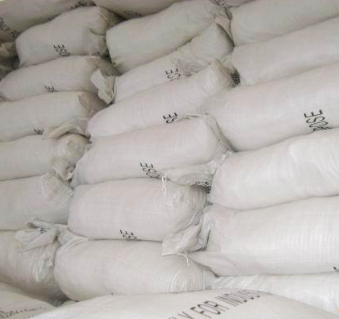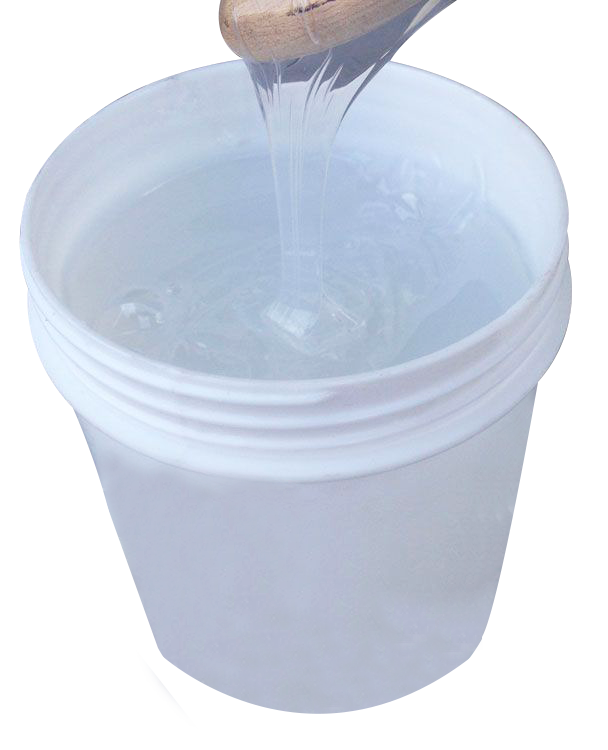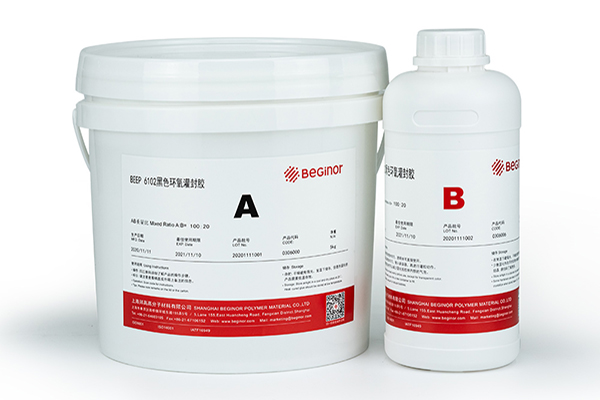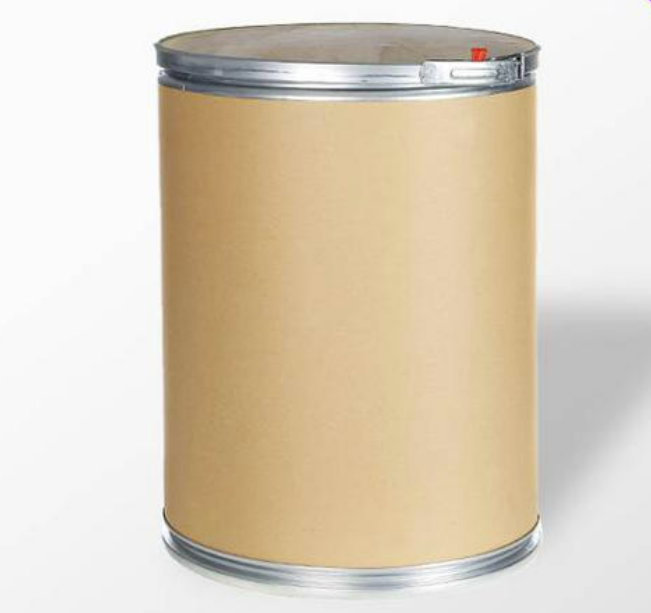Antioxidant
Other Auxiliary Agent
Petroleum Additives
Adsorbent
Water Treatment Chemicals
Rubber Additives
Adhesive Additives
Cross-Linking Agent
Flame Retardants
UV Absorbers
Organic Extractant
Resin Additives
Electronics Chemicals
Pesticide Additives
Building Chemicals
Plastic Additives
Oilfield Chemicals
Adhesive
Plastic Rubber Chemicals
Paper Additives
Molecular Sieve
Coating Additives
Textile Auxiliaries
Fluorescent Brightener
Polyethylene Glycol Derivatives
Coupling
Forest Chemicals
Leather Auxiliary Agents
Beneficiation Agents and Smelting Additives
Dye Auxiliaries
CAS:507-09-5
Molecular Formula:C2H4OS
Alias
More Information
Ethanethioic Acid; Thioacetic Acid; Thioacetic; Ethanethiolic Acid; Racecadotril Impurity A
Brief Introduction
The product is an acetyl thiolation agent and sulfhydrylation agent in organic synthesis. It is mainly used in the synthesis of lipoic acid, cystine and mercaptocarboxylic acid. It is also used in the synthesis of hormone modifier and antidote, cephalosporin modifier and bactericide, polymer modifier and additive. It is used for reagents, fragrances, cosmetics, synthetic Kato Pury, etc.
Suppliers
View More Vendors (2) >
CAS:55295-98-2
Molecular Formula:C3H10ClN5O
Alias
More Information
Guanidine, Cyano-, Polymer with Ammonium Chloride ((NH4)Cl) and Formaldehyde; Azanium; 2-Cyanoguanidine;Formaldehyde; Chloride Water Decoloring Agent
Brief Introduction
1. It is suitable for the treatment of acid and disperse dyes with high decolorization capacity. It is mainly applicable to the decolorization of acid and reactive dyes.
2. It can also be used for the treatment of industrial wastewater such as textile, printing and dyeing, printing ink and so on.
Suppliers
View More Vendors (2) >
CAS:6153-56-6
Molecular Formula:C2H6O6
Alias
More Information
Oxalic Acid,Dihydrate; Ethanedioic Acid, Dihydrate; Unii-0K2L2Ij59O
Brief Introduction
It is mainly used as reducing agent and bleaching agent, mordant in printing and dyeing industry, as well as refining rare metals and synthesizing various oxalates, oxalates and oxalamides.
Suppliers
View More Vendors (2) >
CAS:63394-02-5
Molecular Formula:O2Si
Alias
More Information
Polysilicone; Silastic1603; Silasticsiliconerubber; Rubber, Silicone; Organic Silica Gel; Silica Gel; Liquid Silica Gel; Single Component Liquid Silica Gel; Nipple Liquid Silicone; Solid Silica Gel; Gas Phase Silica Gel; Conductive Silica Gel
Brief Introduction
Suppliers
View More Vendors (2) >
CAS:67-72-1
Molecular Formula:C2Cl6
Alias
More Information
Carbon Hexachloride; Carbon Trichloride; Perchloroethane; 1,1,1,2,2,2-Hexachloroethane; ГЕКСАХЛОРЭТАН
Brief Introduction
This product is used as lubricating oil additive, and can also be used in the manufacture of insecticides, insect repellents, smoke screens, etc. It is used as raw material for organic synthesis and degassing agent for aluminum and its alloys.
Suppliers
View More Vendors (2) >
Inquiry (
10
/ 10
)
Clear All
Sign In
Error!

